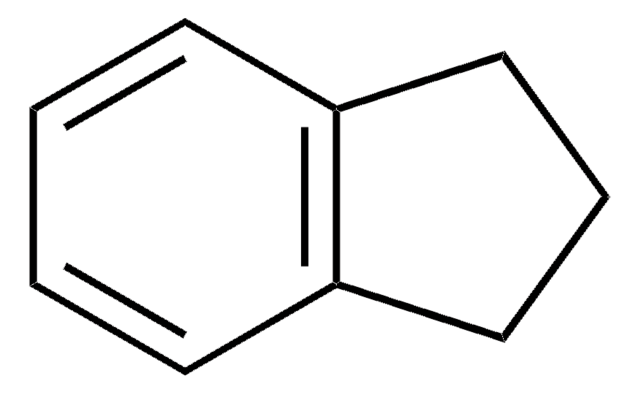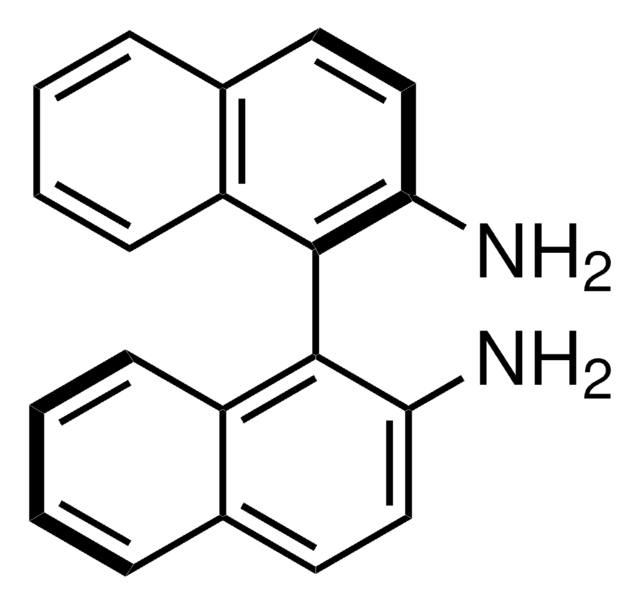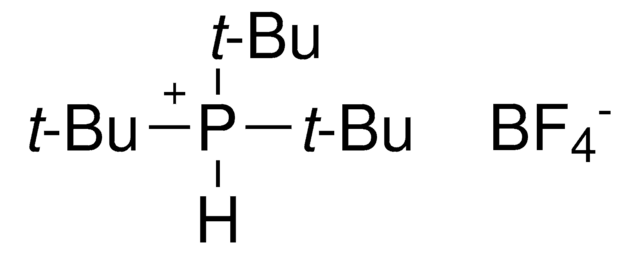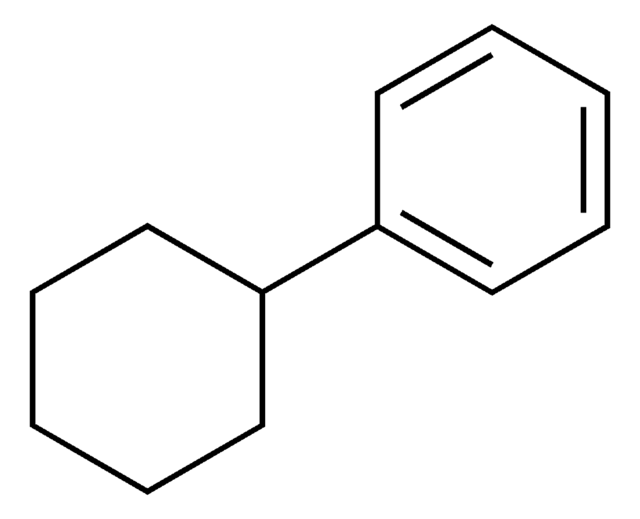522651
1,2,3,4-Tetrahydronaphthalene
anhydrous, 99%
Sinónimos:
Tetralin solvent
About This Item
Productos recomendados
grade
anhydrous
Quality Level
vapor density
4.55 (vs air)
vapor pressure
0.18 mmHg ( 20 °C)
assay
99%
form
liquid
autoignition temp.
723 °F
expl. lim.
0.8 %, 100 °F
5 %, 150 °F
impurities
<0.005% water
refractive index
n20/D 1.541 (lit.)
bp
207 °C (lit.)
mp
−35 °C (lit.)
density
0.973 g/mL at 25 °C (lit.)
SMILES string
C1CCc2ccccc2C1
InChI
1S/C10H12/c1-2-6-10-8-4-3-7-9(10)5-1/h1-2,5-6H,3-4,7-8H2
InChI key
CXWXQJXEFPUFDZ-UHFFFAOYSA-N
¿Está buscando productos similares? Visita Guía de comparación de productos
Categorías relacionadas
General description
Application
Legal Information
signalword
Danger
hcodes
Hazard Classifications
Aquatic Chronic 2 - Asp. Tox. 1 - Carc. 2 - Eye Irrit. 2 - Skin Irrit. 2
supp_hazards
Storage Class
10 - Combustible liquids
wgk_germany
WGK 2
flash_point_f
159.8 °F - closed cup
flash_point_c
71 °C - closed cup
Elija entre una de las versiones más recientes:
¿Ya tiene este producto?
Encuentre la documentación para los productos que ha comprado recientemente en la Biblioteca de documentos.
Los clientes también vieron
Nuestro equipo de científicos tiene experiencia en todas las áreas de investigación: Ciencias de la vida, Ciencia de los materiales, Síntesis química, Cromatografía, Analítica y muchas otras.
Póngase en contacto con el Servicio técnico












